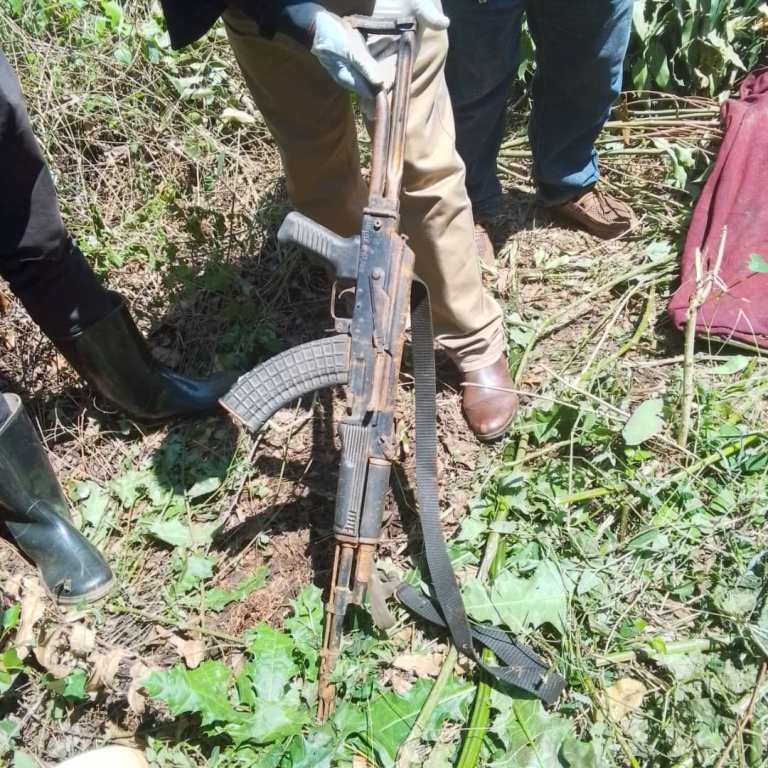For the past three months, residents of Gulu City have been facing a concerning issue regarding the consumption of uninspected meat. This problem has arisen due to ongoing conflicts between the city administration, abattoir managers, and the Muslim community.
The situation has raised significant concerns about public health and safety, as uninspected meat poses various risks to consumers. Without proper inspection procedures in place, there is a heightened risk of contamination and the spread of diseases through the consumption of unhygienic meat products.
Efforts to address the issue have been hindered by the persistent conflicts between key stakeholders involved in the meat production and distribution process. The lack of cooperation and coordination among these parties has further exacerbated the problem, leaving residents vulnerable to health hazards associated with uninspected meat consumption.
The conflicts between the city administration, abattoir managers, and the Muslim community have roots in various underlying issues, including disagreements over regulatory practices, religious considerations, and resource allocation. These disputes have made it challenging to find a sustainable solution that satisfies all parties involved.
In the midst of these conflicts, residents of Gulu City continue to face uncertainty and risk regarding the safety of the meat they consume. The lack of oversight and regulation in the meat industry has created a void in ensuring that meat products meet appropriate health and quality standards before reaching consumers.
Local authorities and community leaders have been urged to prioritize the resolution of these conflicts and work towards establishing effective mechanisms for meat inspection and regulation. This includes fostering dialogue and cooperation among stakeholders, developing clear guidelines and protocols for meat inspection, and ensuring adequate resources and infrastructure are in place to support these efforts.
Additionally, there is a need for increased awareness and education among residents about the importance of consuming inspected meat and the potential risks associated with uninspected meat products. Empowering consumers with knowledge and information can help them make informed decisions about their food choices and safeguard their health.




















